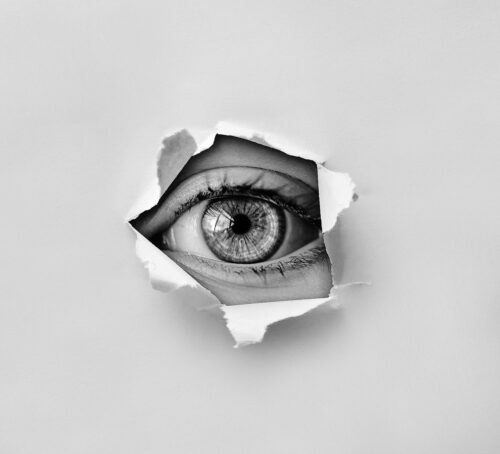Artificial Intelligence or AI is not a figment of the sci-fi movies anymore. It is here, it is expanding and it is penetrating almost every facet of our existence. From the applications on our smart phones to the systems that are making decisions in finance, healthcare and more, AI is here. But with this rapid growth, there is a new set of legal issues that have arisen and are compounded by the issue of cyberlaw.
Now let’s discuss some of the main intersections between AI and cyberlaw and discuss how to approach this challenging, and constantly developing field.
Data Privacy: Who is Watching the Watchers?

AI thrives on data. It also assesses, comprehends and in some cases, foresees our actions depending on the information that it is able to synthesize. However, as the saying goes, ‘with great power comes great responsibility’ – at least when it comes to people’s personal details. How can we ensure that AI systems are not intrusive to our privacy?
However, one of the most significant problems is consent. AI tends to draw information from various sources and it is challenging to obtain consent from the individuals concerned. Also, when AI begins to come into play in decision-making processes such as hiring or loan granting, how can it be made to act fairly and in the most transparent manner possible?
To avoid running afoul of the law and ethical standards, the companies have to incorporate privacy safeguards into the AI systems right from the design phase. This means that as much as possible data should be made anonymous and user should be informed on how their data will be used.
Artificial Intelligence (AI) is no longer just a concept from science fiction. It’s here, it’s growing, and it’s touching almost every part of our lives. From the apps on our phones to the systems making decisions in finance, healthcare, and beyond, AI is everywhere. But with this rapid growth comes a host of new legal challenges—especially when it comes to cyberlaw.
Intellectual Property: Artificial Intelligence: To Whom Does the Copyright Belong?
Here’s a question: Who owns a song if the AI writes one or an artwork if an AI generates it? Who programmed the person that is the AI? Who owns the AI of the company? Or does no one own it at all?
As it stands, present day intellectual property laws were not created with AI technology in mind and as such, there are many shades of grey. Sometimes, the content created with the help of AI is not protected by copyright, which puts creators and businesses in a rather vulnerable position if someone else decides to use their work without their consent.
The best move? Learn the current trends in the legal realm and think about using contracts to define ownership in case of working with AI.
Algorithmic Bias: The Risk of ‘Hidden’ Decisions in AI

AI is often thought of as being impartial but in reality AI is only as good or as bad as the data that it has been trained on. It is possible for an AI system to be trained in a biased manner, which means that the decisions made by the system will also be unfair or even discriminatory.
Suppose, there is an AI employed in the hiring process that discriminates one category of people against the other. Not only is that dishonest, it may well be against the law.
Regulations are beginning to emerge with regulators turning their focus on how to make AI systems more fair and explainable. For businesses, this means that they need to check their AI for bias and disclose how they are ensuring their AI is not unfair.
Liability: When AI Goes Wrong, Who’s to Blame?

AI is making decisions that used to be made by humans—sometimes with life-or-death consequences. So, what happens if an AI-driven car crashes or a healthcare AI makes a wrong diagnosis? Who’s responsible?
Right now, the law doesn’t have all the answers. Some places are even considering giving AI limited legal status, but that’s still up in the air. In the meantime, businesses need to have clear agreements in place that spell out who’s liable if something goes wrong. And of course, they should make sure their AI systems are thoroughly tested and validated before they’re put to use.
Looking Ahead: Cyberlaw and AI: The Future
It is therefore expected that with evolving of AI, there will be changes in the laws that relate to it. It is safe to assume that there will be more rules directed at the issues AI poses, as well as more attention from the regulatory bodies and the society.
In any case, for anyone who is involved in AI — whether as its creator, consumer, or just a curious observer — it is always important to be informed and to act. It is clear from the legal analysis that by being aware of the legal risks and addressing them before they materialize, it becomes possible to leverage on the use of AI while avoiding the pitfalls that are associated with it.
Final Thoughts
In general, the combination of cyberlaw and AI is as if one has never been there before. It has a lot of opportunities but at the same time it has a lot of problems. It is crucial to proceed with caution as we advance the capabilities of artificial intelligence further. In this way, we can guarantee that AI will not only be a tool for growth but also for respect for people’s rights and for justice.
Links for more information!
- Institute for Law and AI
- Bloomberg Law – How Is AI Changing the Legal Profession?
- UN University – AI And The Law – Navigating The Future Together


